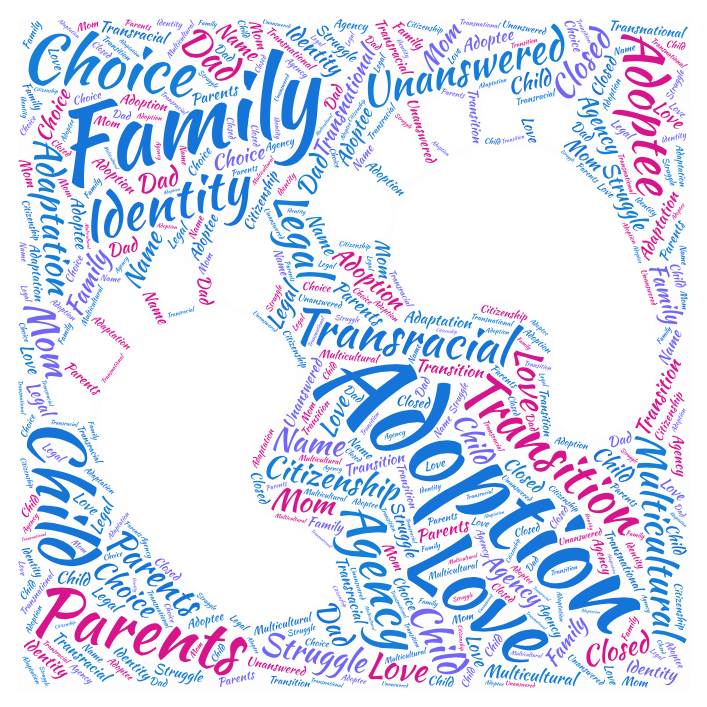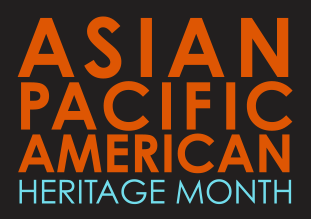I attended a conference this past weekend for Asian American students attending schools in the East Coast. I had no idea what to expect since this was the first conference I’ve ever attended. While there, I attended a workshop on reclaiming adoptee narratives. As we gathered in a circle to share our experiences as Asian American adoptees I realized it was the first time in my life I had been in such a gathering. As we opened up and listened to each other’s experiences, I was startled how similar some of the experiences and feelings were to my own.
Even in a community of Asian Americans, I’ve always felt like a little bit like an outsider, but in that room last Saturday, I felt like one of them. Their struggles were my struggles. Their feelings were my feelings. I didn’t grow up talking about my adoption with other people. Not because I didn’t understand it’s significance in my life, but because it is so significant in my life. For the first time though I felt like I could talk about it with people who understand it’s significance, the way it permeates into every aspect of my life, in ways I have only just begun to think about.
Most people tend to focus on the opportunities transnational adoption gives a child or parents, a chance to have a family, to give a child a better, safer home. Don’t get me wrong. I love having two loving and generous parents and brothers, but for me, it wasn’t all smiles. Sometimes it was noticing looks of strangers when they saw me with my dad, or insensitive questions about my “real” parents or somehow taking the blame for every mistake the Chinese government has ever made. Having your identity so brusquely questioned isn’t exactly fun, especially if it happens before you’re even old enough to understand how to respond to those kinds of remarks. I adopted Asian American identity like my parents adopted me, but unlike them, it wasn’t a choice I made after careful consideration as an adult. I did it as a child and continue to so even now.
I don’t think people give as much thought to the ethics of adoption. Do they think about the consequences of changing a child’s nationality? Changing a child’s name? Taking them from everything they’ve ever known? Admittedly, in the case of transnational adoption in China, most adoptees are female infants, but that’s not always the case. Sometimes, older children are adopted and they have to adapt to a new family, location, language, and culture before they can even comprehend the implications of such a transition. People say family is more than blood, more than a piece of paper, which is true, but I can’t deny the role my adoption papers had in creating my family as I know it.
Being an adoptee adds another layer to my increasingly complicated identity. While I’m not sure the workshop’s main objectives were tangible, I definitely used the opportunity to reflect on the ways my adoption has affected my life. In a world in which we are accustomed to having all the answers at our fingertips, I think it’s important to remember that some things take time and serious thought to understand. Coming to terms with who we are and what we’re supposed to do isn’t something we can do through Instagram posts and Facebook likes. In order to understand our identities, we have to spend time thinking about them and what it means to claim one.



